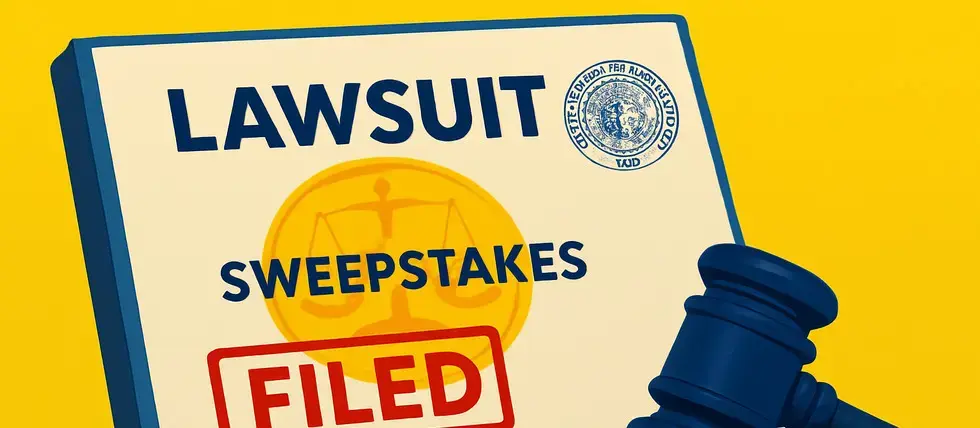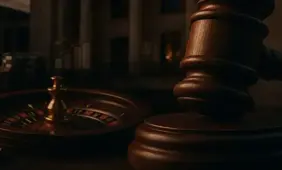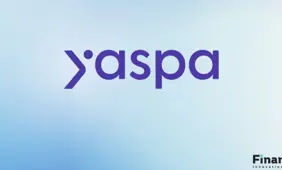Stake.us, Drake, and Adin Ross Face Missouri Lawsuit Alleging Unlicensed Online Casino Play
A proposed class action in Missouri accuses Stake.us and celebrity promoters of running unlawful online gambling.

A complaint circulated in October 2025 and expected to be filed in Jackson County names Sweepstakes Ltd., the operator of the brand Stake.us, along with streamer Adin Ross and musician Aubrey Drake Graham, alleging violations of Missouri’s wagering statutes. The draft seeks class status for Missouri residents who lost money playing Stake’s casino-style sweepstakes games, asks a judge to stop the company from offering such games to state residents and requests restitution for losses.
Lead plaintiff Justin Killham, identified in the draft as a resident of Independence, Missouri, is asking the circuit court to certify a class defined as “all persons in Missouri who gambled and lost money in Stake’s online casino at any time during the five years preceding the filing of this action”. If filed as drafted, the case – styled Killham v. Sweepstakes, et al – would be among the first state-court tests of how Missouri’s gaming laws apply to sweepstakes-based casino play.
The Statutory Battle Over Online Sweepstakes
The complaint alleges Stake’s sweepstakes games operate as unlicensed casino gambling under Missouri law and asserts a statutory right for Missouri residents to recover losses paid to illegal gaming operators. The draft also names Adin Ross and Drake as defendants on the grounds that they promoted Stake’s games and so may share liability for class members’ losses.
Sweepstakes operators have long relied on a model that separates play from direct purchases, arguing that contests and promotional credits place their products outside the definition of illegal gambling. In prior litigation outside Missouri, Sweepstakes Ltd. has persuaded some judges to send disputes to arbitration under website terms of service, and defendants have at times argued that federal law preempts state regulation of sweepstakes contests.
Those procedural and substantive defenses are likely to dominate early litigation. Potential motions include challenges to venue, a bid to compel arbitration based on online terms of use, and a federal preemption argument. If the Jackson County circuit court declines to enforce arbitration clauses, the case could proceed to merits discovery and become the first to force a Missouri judge to interpret the state’s criminal and civil gaming statutes in the sweepstakes context.
“This case raises straightforward statutory questions about whether an online sweepstakes that simulates casino play falls within Missouri’s prohibition on unlicensed gambling”, said a veteran gaming-law attorney familiar with sweepstakes litigation. “If a court finds the statutory elements are met, the remedies available to plaintiffs under state law could be substantial, and defendants’ typical arbitration defenses may not be dispositive.”
More Regulation News
 Regulation
Regulation
Hernandez Breaks Silence After UFC 324 Fight Canceled over Suspicious Betting
Feb 02, 2026What This Could Mean for Operators and Promoters
Private challenges to sweepstakes casinos have so far met limited success, and class certification in similar suits has been difficult to obtain. That track record gives operators a degree of confidence, but a ruling against Sweepstakes Ltd. in Missouri could create a template for other state claims and increase regulatory scrutiny in jurisdictions from California to New York.
Legal pressure on sweepstakes operators has intensified this year: state attorneys general and private plaintiffs have filed suits in several states, and regulators have stepped up inquiries into celebrity promotions and influencer marketing practices tied to gambling-adjacent products. “Prominent endorsements by entertainers and streamers bring visibility – and legal exposure – that smaller platforms do not”, said an independent gaming policy analyst. “Courts will look closely at whether promotions helped convert a sweepstakes offering into de facto gambling for residents of states that ban the activity.”
If Killham v. Sweepstakes is filed as drafted and survives threshold challenges, it will not only test Missouri’s statutes but could prompt renewed calls in state legislatures for clearer rules on sweepstakes-style gaming and influencer marketing. For now, the central procedural fights — arbitration, venue and preemption — will likely determine whether Missouri’s courts ever rule on the core question of illegality.
Key Dates and Next Steps
Drafts of the complaint circulated in October 2025. Observers expect defendants to file motions to dismiss or compel arbitration shortly after the complaint is formally lodged. A Jackson County scheduling order and any interim rulings on arbitration will be the first definitive sign of how the case will proceed.
RELATED TOPICS: Regulation
Most Read
Mississippi Committee Advances Bill to Criminalize Online Sweepstakes Casinos
Jan 29, 2026Giuseppe Iadisernia Wins Seminole Hard Rock Lucky Hearts Poker Open Championship
Jan 28, 2026Must Read
 Interviews
Interviews
Exclusive Interview: Levon Nikoghosyan Shares AffPapa Winning Formula for Successful iGaming Events
Dec 03, 2025 Interviews
Interviews





Review this New Post
Leave a Comment
User Comments
Comments for Stake.us, Drake, and Adin Ross Face Missouri Lawsuit Alleging Unlicensed Online Casino Play